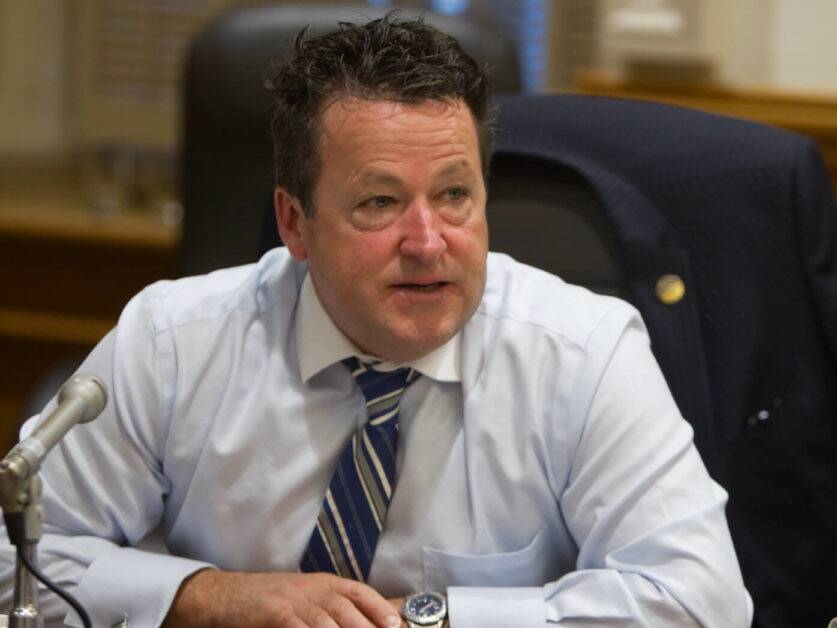RCMP have issued a warning about an ongoing telephone fraud making its way throughout Saskatchewan, which is scamming people out of thousands of dollars.
The thieves are using the Canada Revenue Agency as their cover.
Saskatchewan RCMP said the voice making the calls is convincing and forceful. Nevertheless, it’s fraud by persons unknown to investigators at this time.
Insp. Donovan Fisher, officer in charge of Integrated Organized Crime North for the RCMP, presented a recorded fraudulent phone call during a news conference Sept. 18.
Read Also

New Quebec ag minister named in shuffle
Farmers in Quebec get a new representative at the provincial cabinet table as Premier Francois Legault names Donald Martel the new minister of agriculture, replacing Andre Lamontagne.
The recording: “This is Officer Brandon Walters and I am working with CRA Tax Crime Division. Now if you fail to return the call … I can only wish you good luck as the situation unfolds on you.”
The calls extend to more than 45 detachments, and RCMP received 88 complaints directly related to the CRA fraud in August alone.
“We suspect many more calls have not been reported to police,” said Fisher.
You can hear the actual message below:
He said the caller is intimidating, convincing and often forceful.
Of the 88 complaints, 84 involved the caller requesting less than $5,000 and the other four asked for more. A few victims have come forward who have been defrauded of just over $10,000.
Police recommend the public be suspicious of any unsolicited, unexpected calls or emails that they receive from any of their service providers.
“This can include the Canada Revenue Agency, your bank, credit card companies, utilities or online accounts,” said Fisher.
RCMP is asking the public to remain vigilant and to not be afraid to ask security questions. Never provide credit cards or health numbers.
“Inquire from the caller about specific information. Have them provide this information to you. They should be able to provide detailed information on your account,” he said.
“The caller should be able to tell you when you filed your taxes, the reported income, your mailing address.
“You need to be suspicious of these calls if they are asking you to provide basic details. They should have this information already.”
When asked to pay a fine or outstanding amount, request an invoice or reassessment in writing explaining the fines or charges. Be sure to ask the caller to confirm the address that they will mail these too.
Expect the caller to become belligerent, threatening or aggressive when you begin to ask them questions, said Fisher.
“This should be a big red flag,” he said.
“Professionals working in legitimate organizations will not behave in this manner.”
“Follow your instincts. If something sounds suspicious or too good to be true, it likely is and my advice is to hang up.”
In spite of embarrassment or feelings of shame, police are urging the public to contact police if they have been a victim or have information to report about suspicious activity.
Contact william.dekay@producer.com















